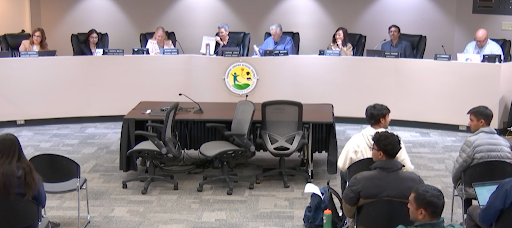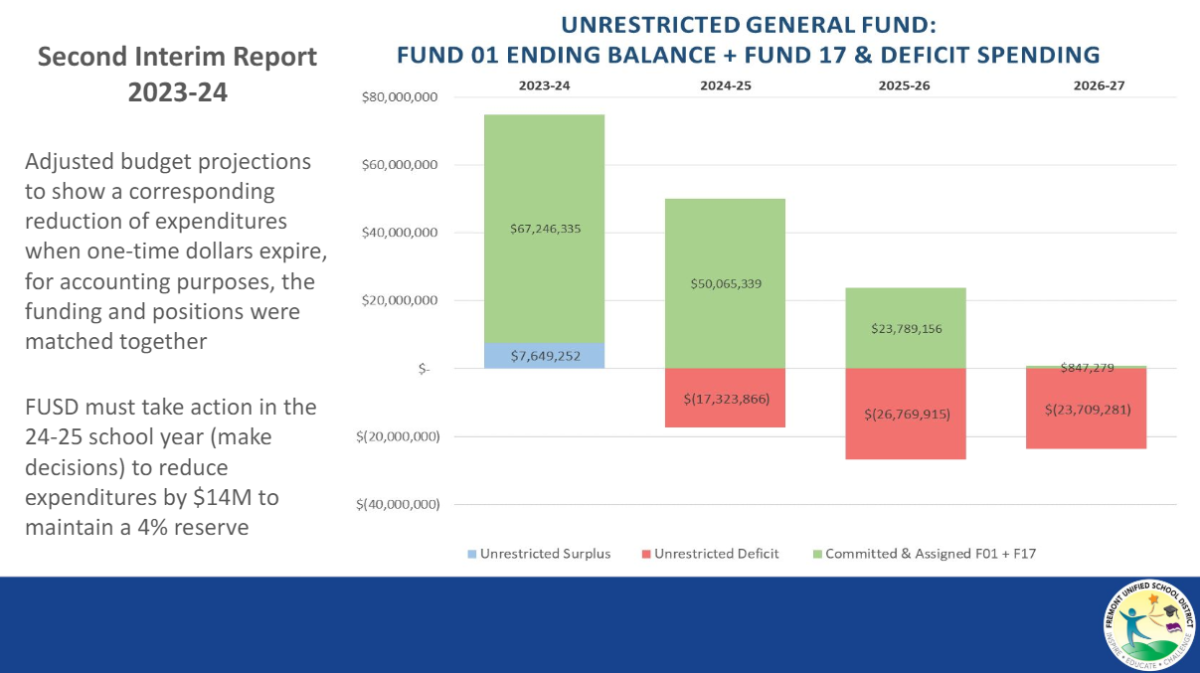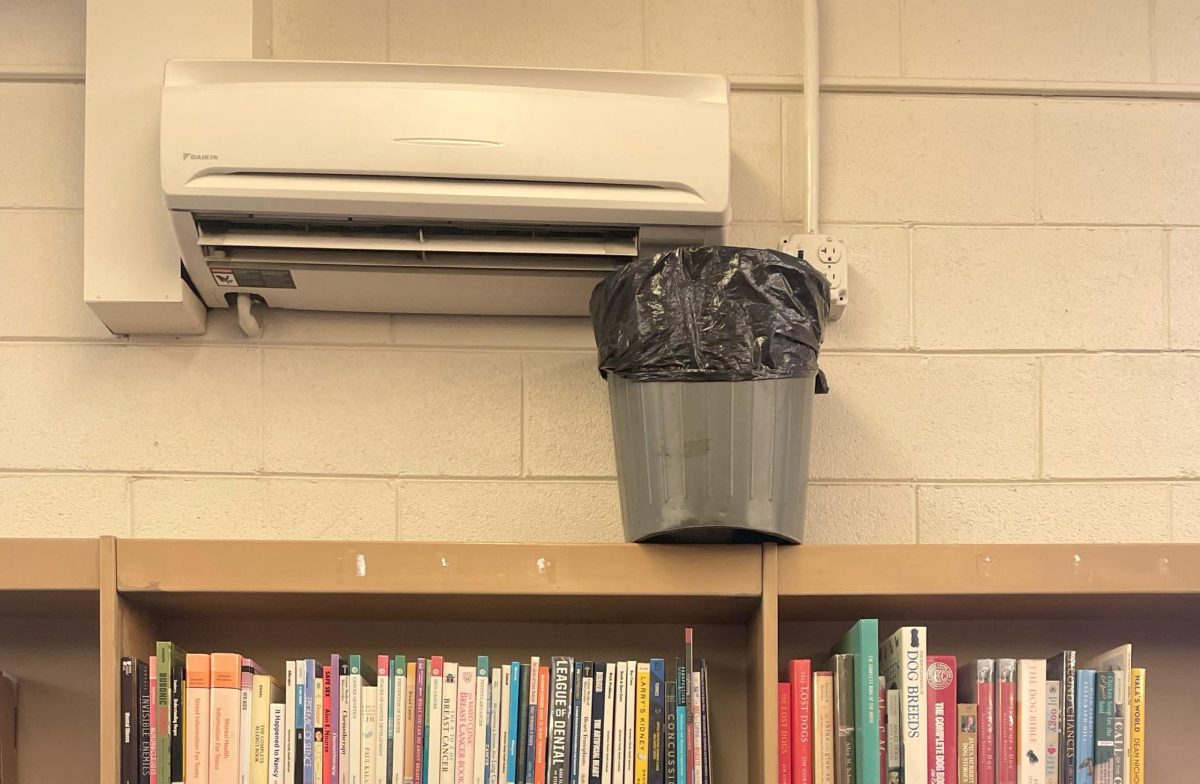This year, Irvington Admin changed the Parent-Teacher Conference Policy so that. Held on October 26th after school, Parent-Teacher Conferences caused early dismissal and were exclusively scheduled with students with Ds or Fs in their classes.
Teachers were notified to only reach out to students who were failing their class, excluding students with low Cs, stressed parents, or those with questions about a difficult course. A multitude of parents complained about the new policy, stating that classes such as APs or Double-Accelerated ones increased the necessity to meet with their student’s teachers and clear up misconceptions or general questions about the class.
Ms. Chung commented on the change in policy and why it happened, saying that “Admin has told [them] last year that they were thinking about changing it this year” to specifically
shift the teacher’s focus to “students who are struggling a bit in [their] classes.” She added that it altered how she normally runs Parent-Teacher Conferences, stating “because [she] only invited 30 or 40 parents total, [she] was able to spend at least 10 minutes per parent.” Because of this, she noted that they were able to “talk more in depth about how their child could do better in the class, and how [she] could better support them.”
Similar to Ms. Chung, Ms. Kaur said, “last year, [teachers] were not meeting as many parents of the kids who are struggling in classes. So [they] didn’t know what’s going on in their family situation, or if [her] students had any reason to be skipping school or getting lower grades compared to the rest of the class.” This year, she says that she learnt “more insight into the reasons as to why [her] students were doing badly in a class,” and that it helped her “take note of which students to specifically reach out to in the future.”
Ms. Mohandas added that compared to her 16 years prior to being at Irvington, she preferred the way that Parent-Teacher conferences were run this year. She added that in previous years, she’s only been able to have “five minutes to talk to parents, where [she] hasn’t been able to convey much of what needs to be said.” With only five minute slots to talk about a student’s grade, she also emphasized the stress that comes with it, saying that, “the five minutes allocated in previous years would stress parents and [her] out.” She added that although she wasn’t able to accommodate every parent outside of those with children who were failing her class, she was able to “allocate a few to parents who had reached out to [her].”
The change in Parent-Teacher conferences, while proving successful for teachers expressing their concern over struggling students, took away parent’s abilities to express their concerns over certain courses in the beginning of the year. It is currently unknown if Irvington plans to continue the practice in upcoming years, but it holds immense potential with increased communication.











